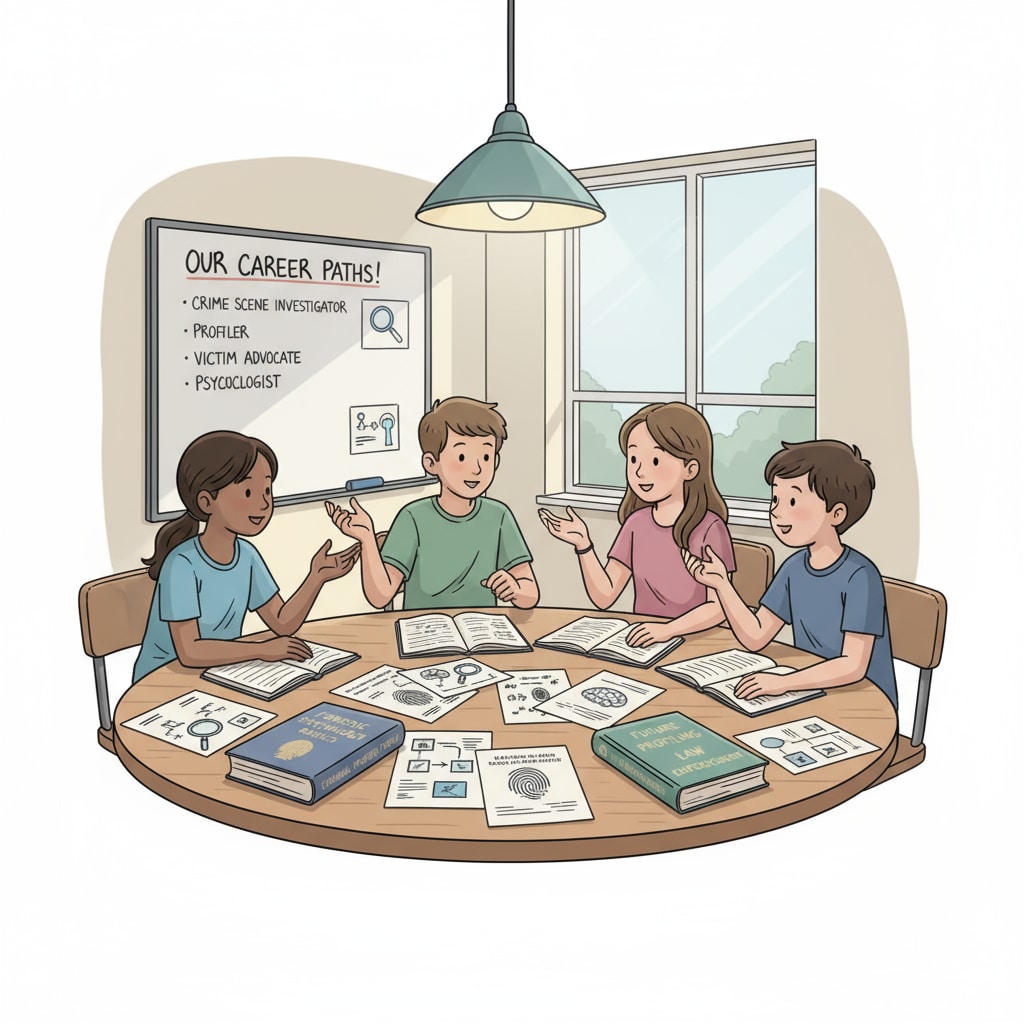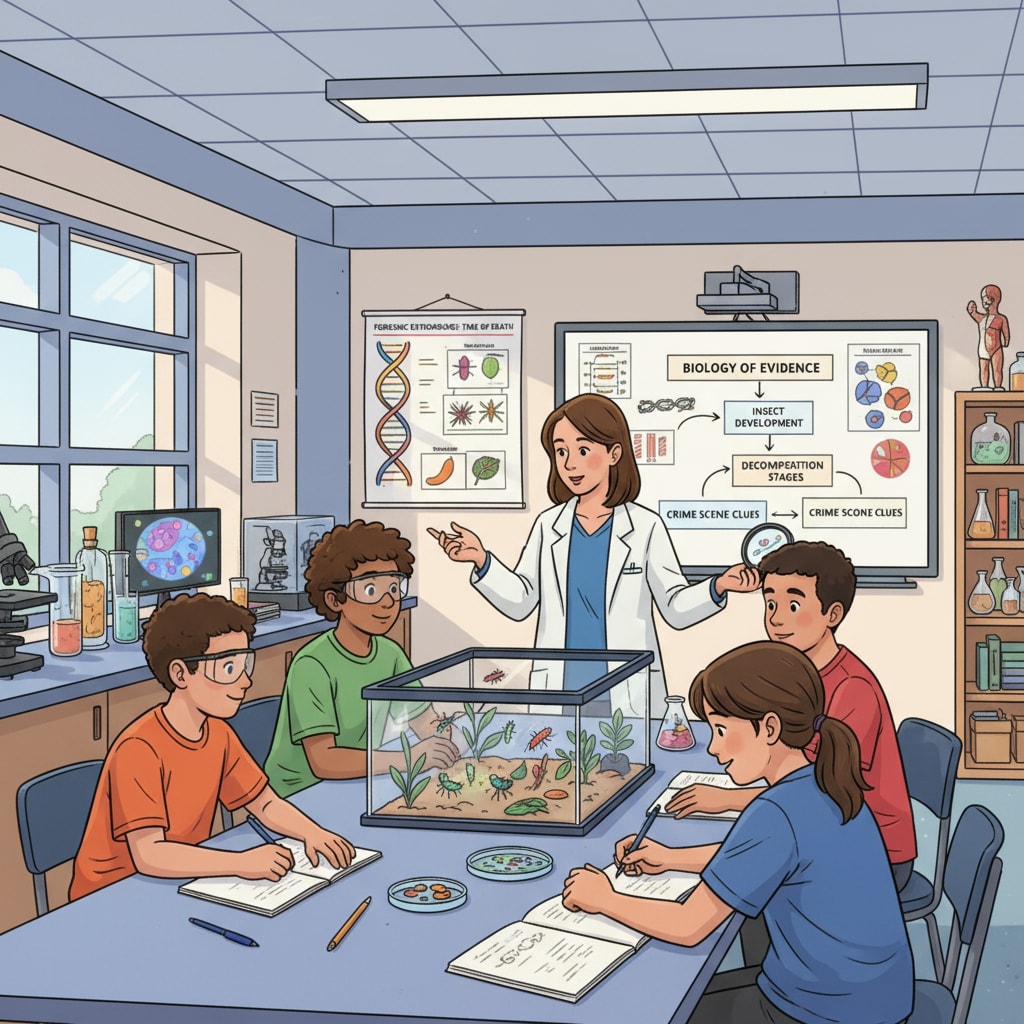Forensic psychology, college majors, and career planning are crucial aspects for K12 students who dream of becoming forensic psychologists. This journey requires careful preparation and a clear understanding of the steps involved.

For those with an interest in this unique field, it’s essential to start laying the groundwork early.
Middle School Foundation for Forensic Psychology
During middle school, students should begin building a broad knowledge base. Subjects like science, especially biology and chemistry, introduce fundamental concepts that will be useful later. Understanding human biology can provide insights into the physical aspects related to forensic psychology. In addition, English and social studies are important. English helps develop strong communication skills, which are vital for writing reports and presenting findings. Social studies, on the other hand, offers a perspective on human behavior and society. Forensic psychology on Wikipedia

High School Preparation for College Majors
In high school, the focus becomes more targeted. Students should consider taking advanced placement courses in psychology, sociology, and criminal justice if available. These courses provide in-depth knowledge in relevant areas. Psychology courses delve into human behavior, cognition, and mental processes, which are at the core of forensic psychology. Sociology helps understand the social context in which criminal behavior occurs. Criminal justice courses offer insights into the legal system. Forensic psychology on Britannica

Moreover, getting involved in extracurricular activities such as debate clubs, mock trials, or volunteer work at local law enforcement agencies can enhance practical skills. Debate clubs improve public speaking and critical thinking, while mock trials offer hands-on experience in a legal setting. Volunteer work provides real-world exposure to the criminal justice system.
Readability guidance: As students progress through middle and high school, they are gradually building a strong foundation for their future in forensic psychology. Each stage of education plays a crucial role in shaping their knowledge and skills. By focusing on key subjects and engaging in relevant activities, they are better prepared to make informed decisions about college majors and ultimately pursue a career in this fascinating field.


